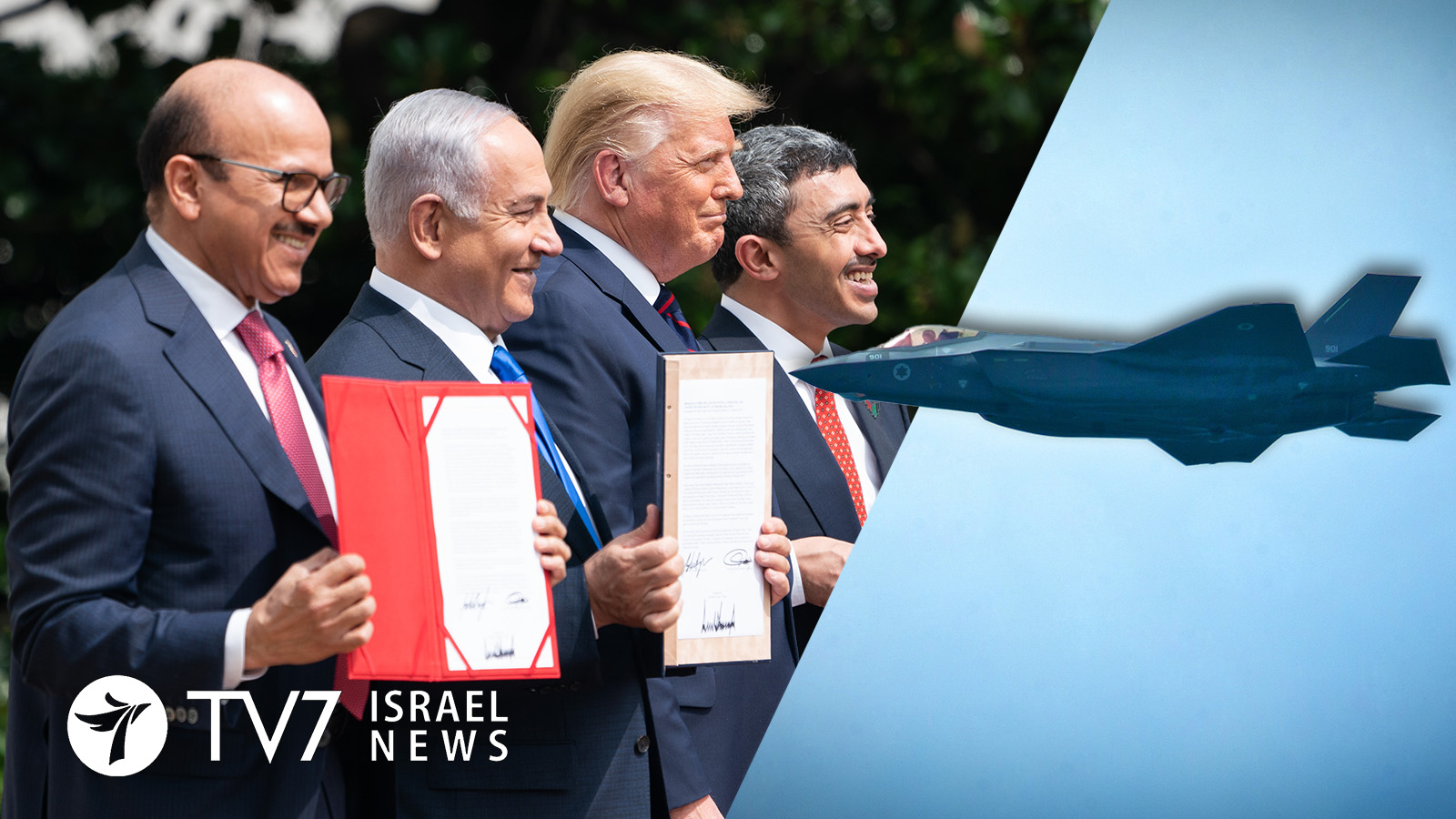US President Donald Trump’s massive $23.37 billion sale of hi-tech weapons to the United Arab Emirates has been approved by the Senate.
American Senators voted 50-46 and 49-47 predominantly along party lines to defeat two resolutions aimed at blocking the deal – at least until President-elect Joe Biden takes office on 20 January. The Democratic leader is expected to review the sale, which originated as part of a side agreement in the Washington-brokered Abraham Accords peace treaty between Israel and the UAE.
The top Democrat on the U.S. Senate Foreign Relations Committee (SFRC), Senator Bob Menendez, was joined by fellow Democrat Chris Murphy and Republican Rand Paul in announcing on 18 November that they would introduce measures seeking to halt the deal.
The Trump administration effectively countered the effort by issuing formal notice yesterday that the US leader would veto the resolutions if they passed the Senate and House of Representatives.
In accordance with American law, all major arms deals must undergo congressional review. Democratic lawmakers have repeatedly accused Trump of rushing that process with previous arms sales, which they previously tried to block on multiple occasions over his four-year term. None of the efforts succeeded, however; by either dying in the Republican-led Senate or, if passed, failing to win the two-thirds majorities in the Senate and House to supersede the presidential veto power.
The White House insists the sale supports U.S. foreign policy and national security objectives by “enabling the UAE to deter increasing Iranian aggressive behavior and threats” in the wake of its recent peace deal with Israel. Backers of the sale also described the UAE as an important U.S. partner in the Middle East.
Washington overcame initial reluctance by Jerusalem over the sale of the advanced weapons to Abu Dhabi with reassurance that Israel would maintain its Qualitative Military Edge (QME) in the Middle East.
The US package includes 50 F-35 Lighting II aircraft, air-to-air and air-to-ground munitions and as many as 18 MQ-9B Unmanned Aerial Systems produced by General Atomics, Lockheed Martin Corp. and Raytheon Technologies Corp.
